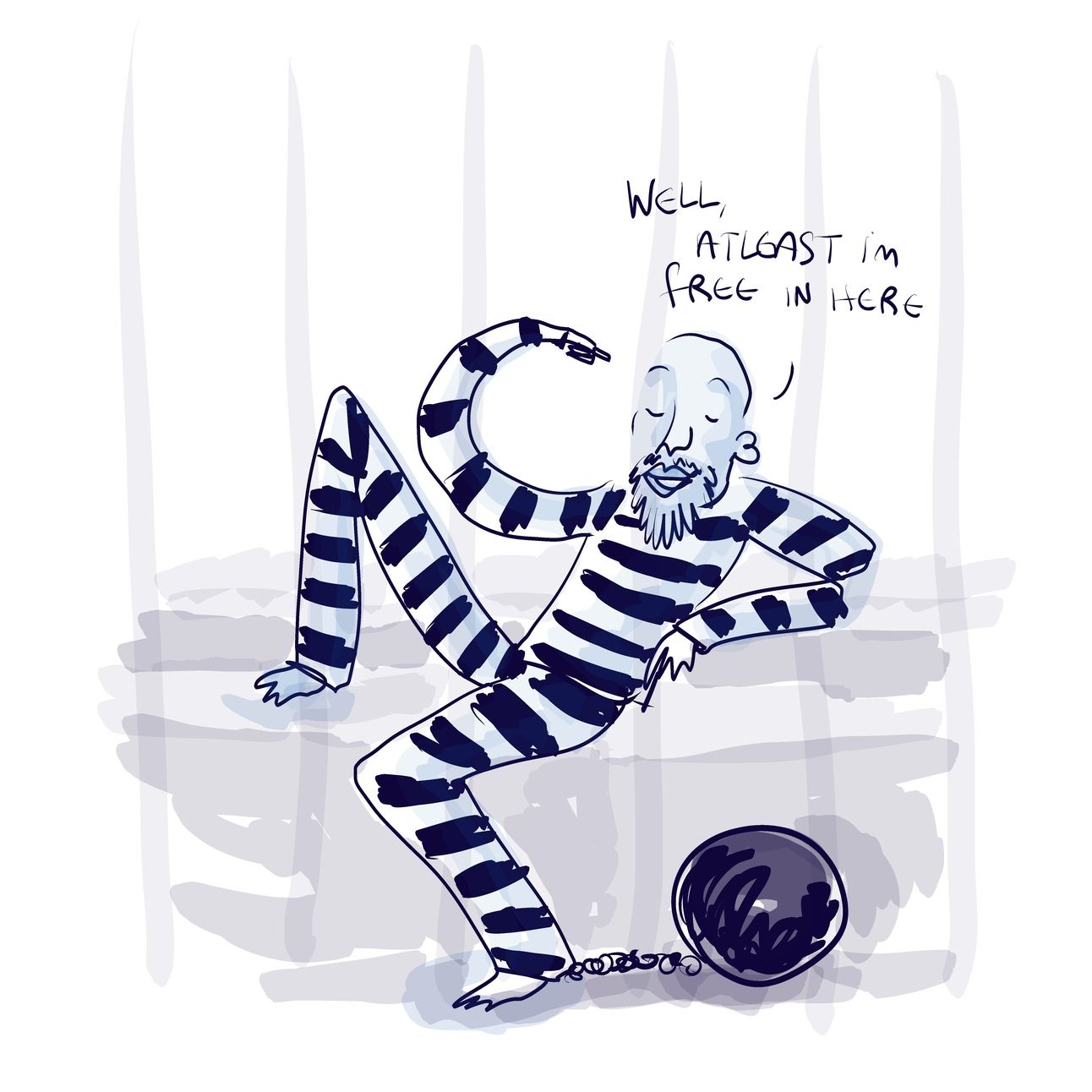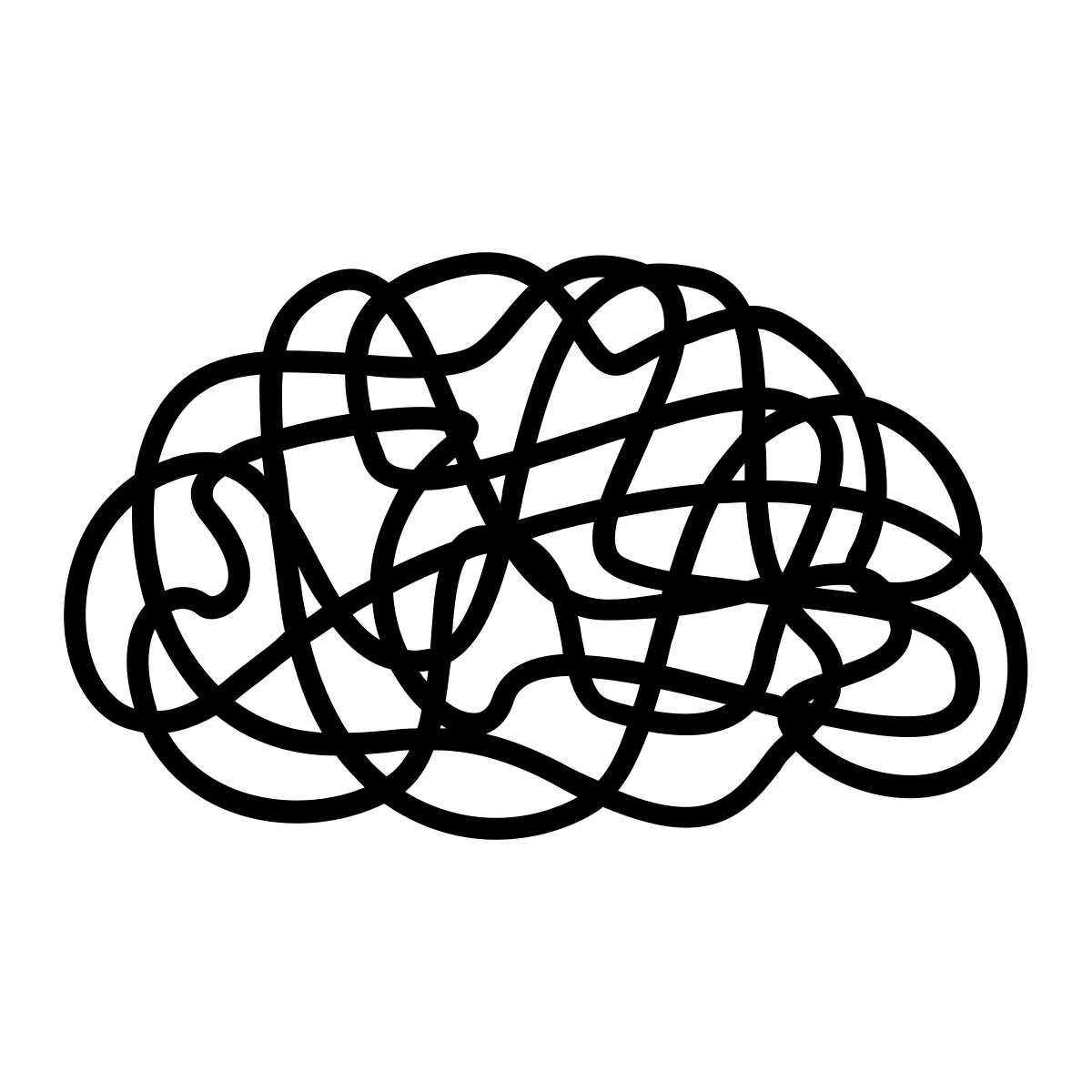
Welcome to the world of plant medicines and psychedelics.
🆘 Can we be real for a second?
We need your help…
We’ve got A TON of content to share with you, like blogs, infographics, and articles.
📣 But we don’t know what YOU’RE looking for… So we’re here to ask:
What do YOU want to learn about?
What’s troubling YOU right now to bring you here?
What are YOU curious about in the plant medicine and psychedelic space?
And what are YOU hoping to gain from reading this newsletter every week?
❓️We may think we know, but we may have no idea…
So, we want YOU to share your insights with us so we can make this the best plant medicine and psychedelics newsletter on the planet.
All you need to do is email us ([email protected]) with your feedback and insights. That’s it!
💁 Your input will help shape the future of this newsletter and help everyone who reads it…
Thank YOU!
🪧 In this weekly newsletter, we will dive deep into the data, research, and trends occurring in the plant medicine and psychedelic landscape so you can be educated and empowered to make your own decisions.
For Free.
🧠 Welcome to The Guide! - by Webdelics
First time reading? Click HERE to subscribe.

In Today’s Email:
🗞️ Media & Research
Updates from Around the Scientific Community
📲 Community Discussions
How does community play a role in plant medicine and psychedelics?
📜 This Week’s Top Article
The Current State of Psychedelic Decriminalization In The US
✍️ The Top Rated Psychedelic & Plant Medicine Blogs from Webdelics
Check out our top blogs, rated by our community!

🗞️ Media & Research
Updates from Psychedelic and Plant Medicine
Does MDMA (Ecstacy) hold the key to changing how you process emotions? New research reveals that MDMA has the potential to change personality traits and help people increase their openness and affect towards others.
A recent study found that individuals with autism reported increased psychological well-being and social engagement after a single psychedelic experience. The data for these findings came from an online survey, so more research is needed to confirm these outcomes.
Wondering whether you should macrodose or microdose a psychedelic? While we can’t give you an answer for that, we do know that 73% of individuals recently surveyed report microdosing to improve their general well being.
5-MeO-DMT can alter time, space, and self, by modifying specific neural circuits in the brain. While this research is still early, this study was able to localize the effects of the psychedelic as it changes the direction of neuronal flow throughout the brain via complex, slow wave changes.

📲 Community Discussions
The Guide is a key part of Webdelics, where community drives everything we do.
Our goal is to build a world-class platform where people can ask questions, share their experiences, and learn about plant medicine and psychedelics in a safe and confidential space.
We firmly believe community is the foundation of any platform, so we’re focused on building a digital landscape that can bring people together.
Over the last year or so, we’ve actively collected video and written testimonials from people who have had psychedelic and plant medicine experiences to learn more about WHY they chose this path.
If you want to see other people’s stories or share your own, please do so HERE.

📜 This Week’s Top Article
The Current State of Psychedelic Decriminalization In The US

Across the United States, the movement to decriminalize psilocybin and other plant-based psychedelics is quickly gaining momentum.
This legislative shift reflects a growing public recognition of their therapeutic potential for treating mental health conditions like depression, PTSD, anxiety, and addiction.
And while decriminalization often improves access to these substances, it also raises important questions about safety and responsible use.
We’re going to take a look at the progress made thus far in the United States, the potential mental health opportunities this creates, and the critical parts for individuals and policymakers to consider.
👩⚖ What Does Decriminalization Mean?
Decriminalization reduces or eliminates criminal penalties for the personal possession and use of substances like psilocybin.
However, it does not mean full legalization.
Selling or distributing psychedelics generally remains illegal unless it’s within tightly regulated frameworks, such as in medical or research settings.
And just because something is decriminalized doesn’t mean you have open access to it.
Decriminalization essentially eases the burden on law enforcement and helps move drug policies toward public health-focused solutions instead of the all-or-none response of making something completely illegal.
This shift in sentiment has been fueled by increasing clinical and research evidence that psychedelics may provide transformative mental health benefits, specifically when used in therapeutic environments with properly trained mental health providers.
And we’re beginning to see policy changes occur globally and at home in the US.
🇺🇸 Leading States and Cities in The Psychedelic and Plant Medicine Reform
🧲 Statewide Changes
Oregon:
Measure 109 (2020): Oregon was the first state to legalize psilocybin therapy under licensed supervision, creating a regulated framework for treating mental health conditions.
Measure 110 (2020): Oregon also decriminalized small amounts of all drugs, including psychedelics. However, public safety concerns and gaps in addiction treatment services led to its partial repeal in 2024 through House Bill 4002, reinstating penalties for certain drug possession.
Colorado:
Proposition 122 (2022): Colorado decriminalized five natural psychedelics—psilocybin, ibogaine, mescaline (excluding peyote), DMT, and ayahuasca. The state also introduced a regulatory system for therapeutic use, similar to Oregon.
🛣 Citywide Efforts
Denver, CO (2019): The first U.S. city to decriminalize psilocybin mushrooms.
Oakland & Santa Cruz, CA (2019-2020): Expanded decriminalization to include all naturally occurring psychedelics.
Washington, D.C. (2020): Passed Initiative 81, decriminalizing entheogenic plants and fungi, including psilocybin mushrooms.
Ann Arbor, MI (2020): Decriminalized all psychedelic plants and fungi, inspiring broader reforms across Michigan.
Seattle, WA (2021): Decriminalized natural psychedelics, reflecting Washington’s progressive drug policy stance.
Massachusetts Cities (2021-2023): Somerville, Cambridge, Northampton, and Easthampton all adopted reforms for natural psychedelics and entheogenic plants.
Other U.S. Cities: Areas like Detroit, Berkeley, and San Francisco have joined the movement, emphasizing local support for psychedelic reform.
🧠 Mental Health Opportunities
Decriminalization provides new opportunities and potential pathways for addressing treatment-resistant mental health conditions that fail with modern medical approaches.
Clinical studies reveal that psychedelics, particularly psilocybin, can help people process repressed emotions, shift entrenched negative thought patterns, and gain new perspectives.
Psilocybin, in particular, has clinical and research-based evidence supporting its therapeutic potential for treating depression, PTSD, and anxiety.
In states like Oregon and Colorado, legal frameworks for licensed psychedelic-assisted therapy ensure access to safe, controlled settings.
These programs include professional preparation, supervision, and post-experience integration, maximizing therapeutic outcomes while minimizing risks.
As we discussed in our previous edition, “set and setting” play a key role in facilitating long-term changes and successful outcomes with plant medicine and psychedelic-assisted therapy.
🛟 Safety Considerations
The growing access to psychedelics must be built on the foundations of responsible use.
Psychedelics can have powerful psychological effects, and improper or unsupervised use can lead to negative experiences.
Key safety guidelines include the following:
Set and Setting: A positive mindset (set) and a safe, supportive environment (setting) are crucial for a safe experience. It’s also imperative to be in the presence of a trained and trusted mental health professional to ensure adequate medical support.
Medical Screening: Regardless of what you may have heard, not everyone is suited for psychedelics. Individuals with conditions like schizophrenia or bipolar disorder may face heightened risks, so screening by a qualified professional is essential.
Integration: Psychedelic experiences can be intense and highly emotional. Working with a therapist or integration specialist helps individuals process and apply insights in meaningful ways.
Legal Risks: Despite local reforms, psychedelics remain illegal at the federal level as a Schedule I drug. Possession outside decriminalized areas can result in legal consequences, so it’s always best to follow the law.
⚖ A Balanced Approach to Psychedelics
The decriminalization movement represents an important step forward for mental health innovation, offering new tools for those who have struggled with traditional treatments.
However, to maximize benefits and minimize risks, a balanced approach is essential.
This means pairing decriminalization with robust safety protocols, professional guidance, and accessible integration support.
By addressing these factors, psychedelics have the chance to fulfill their potential as transformative tools for healing and growth.
❓ Looking for more?
✅ Check out the full version of this article HERE.

🎩 Top Blogs
The Top Psychedelic and Plant Medicine Blogs from Webdelics
The Webdelics website has over 160+ evidence-based, research-backed blogs that were intentionally written to give you the facts, not just our opinions.
📚 Here’s a quick list of the top-performing blogs on our site, rated by our readers:
We hope you like what you see!
👉 Visit our website at Webdelics.com to learn more…

💬 We will leave you with this…
As Sir Isaac Newton stated, “What we know is a drop. What we don’t know is an ocean.”
Challenging our beliefs and knowledge is essential for finding the truth, especially in a crowded space like plant medicine and psychedelics.
Until next time…
🧠 The Guide Team - by Webdelics
👋 P.S. Was this helpful? Join our newsletter (for free) HERE.

